Profile
Lilian Sally Addo – championing the UN agenda among Ghanaian youth
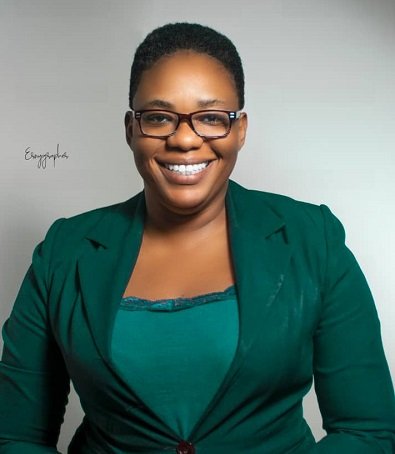
Lilian Sally Addo is the Country head of the United Nations Youth Association Ghana (UNYA) and her drive to ensuring the attainment of the Sustainable Development Goals (SDGs), is highly commendable and impactful to the nation.
She is spearheading the affairs and the role of the youth in nation building and making a collaborative effort to help achieve the Resolution 2250 set by the United Nations.
Ms Lilian is using her energy and a resilience to canvass youth across the nation to help maintain peace and security, which was in line with the UN Resolution 2250, as the thematic resolution that deals with the topic of youth from an international peace and security perspective.
The indefatigable lady has championed the association’s goals to be an ardent campaigner for the United Nations objectives here in Ghana in setting an example of youth leadership to maintain peace and security within the nation.
The Spectator exclusively interviewed this promising Country Head last week to discuss the measures put in place by her to make the association a very impactful or vibrant both locally and internationally.
Background/ Education
Ms Lilian hails from Winneba in the Central Region, but was born in Accra to Mr James Addo, a retired police officer cum farmer and Mrs Theodora Addo, a retired nurse.
Lilian schooled at New Hope Preparatory School and St. Mary’s Basic Schools, all at Korle-Bu, a suburb of Accra, and later proceeded to Mfantsiman Girls’ Secondary School, in the Central Region in 1992, where she read General Arts and completed in 1994.
Initially having a passion to be an air hostess, the visionary lady decided to pursue a bilingual course at Alliance Française and the Ghana Institute of Languages to enhance her proficiency in French and Spanish.
Her dream for becoming an air hostess did not materialise, when her parents “thwarted” the idea thus making her delve into Information Technology where she studied and earned an Associate Degree in Management Information System from the Institute for the Management of Information Systems, in the United Kingdom, from 1996 to 1998.
Ms Addo later came back to Ghana and worked at the Standard Chartered Bank, Accra High Street, for a short time.
To add value to herself, she further acquired professional certificates in Local and Wide Area Network (LAN), and (WAN) and Network Topology from Systems Communications Network Institute in the United Kingdom.
Later in life, Lilian aspired to be a lawyer so she read Paralegal Studies at Kaplan University, Davenport, Iowa, in the United States of America in 2012.
“I have love for entertainment so I wanted to be an entertainment lawyer so in 2012 to 2015, I obtained a Bachelor of Science in Entertainment Business Management at Fullsail University at Florida in the United States,” she said.
In quest for more academic achievement, she proceeded to read Master of Science in Legal Studies at the Washington University in St. Loius (School of Law), Missouri, USA, and is currently reading a doctorate degree in Leadership and Business Management at Capella University in Minneapolis Minnesota, USA.
Academic Awards
This “never say never” lady received a President’s Honour List for obtaining a 3.96 grade point in February 2010 term during her studies at Kaplan University, and again received a President’s Honour List for obtaining a 3.96 grade point in April 2009 term at the same university.
Since hard work pays, Lillian again received a Dean’s Honour List for earning a 3.96 grade point for September 2009 term at Kaplan University, and repeated the same record for obtaining 3.96 grade point in July 2010 term at the same school.
Careers/ Professional Achievements
Her zeal for making a remarkable impact on individuals has made her find herself doing multiple jobs.
Ms Lilian is the Chief Executive Officer of Creative Entertainment and Events Management Limited and is also the CEO of Creative Hi-Tech Solutions.
Also Lilian is the founder and president of the Humanitarian Reach-out Foundation, a non- governmental organisation.
While in the United States, she attended a nursing school and worked as a nurse Aide in the hospital.
According to the hardworking lady, she has done businesses across Africa, Asia and the Americas.
“I have trained and managed talents from cultural performers through models and artistes with my company, Creative Entertainment and Events (formerly Riclils Entertainment) and have done fulfilling works with my humanitarian work,” she revealed.
The Zeal for United Nations
She stated that her involvement in the United Nations came into light when she met a group of UN volunteers and they approached her to champion the cause of mobilising the youth to have a louder voice in fulfilling the Resolution 2250.
After accepting the offer, she built a strong UN administration and developed a team out of it in all the current 16 regions of Ghana by going on a national tour to build affiliations.
According to the Country Head, she went to the United Nation’s Headquarters to find out more about strengthening and forming a formidable association under the UN.
“I have attended many conferences organised by the UN and exposed more youths in Ghana to participate in more UN programmes both in Ghana and abroad.
Ms Lilian together with her team has formed a youth parliament with 275 Members of Parliament to advocate the affairs of the association.
Advice to Youth
The rice and kontomire lover admonished the youth to desist from peer pressure and stop living fake lives on social media, because the lifestyle of some youth negatively impacts others.
“The youth must identify their God-given talents, submit to authorities and guidance, and stay focused with the fear of God, which is the only lead-way to success”, she cautioned.
By Alfred Nii Arday Ankrah
Profile
From dormancy to dominance: Rev. Emmanuel D. Niikoi’s inspiring netball journey
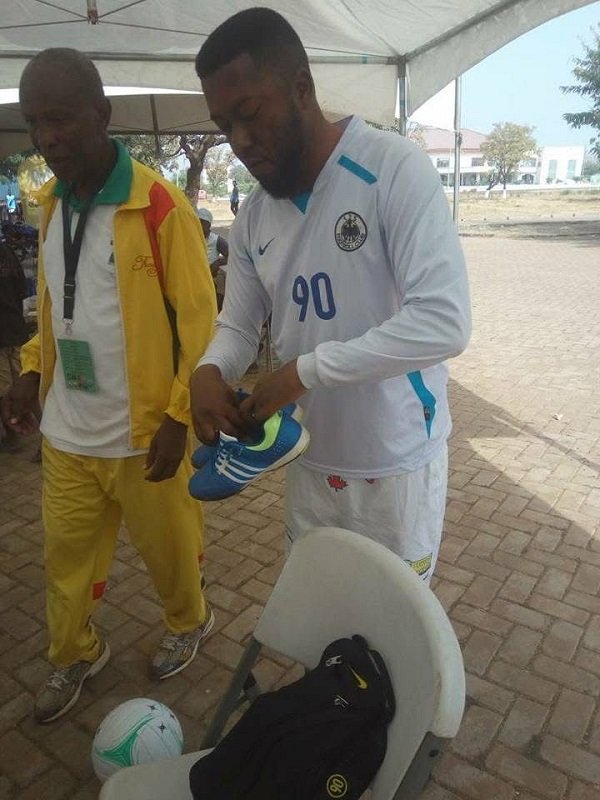
IN the annals of Ghana’s sporting history, certain individuals stand out not merely for participating in sport, but for transforming it.
Rev. Emmanuel D. Niikoi is one such figures. Revered as the father of modern netball in Ghana, is widely credited with rescuing the game from near extinction and transforming it into a vibrant, structured and nationally recognised sports discipline.
His journey reflects vision, resilience and an unwavering commitment to youth and sports development.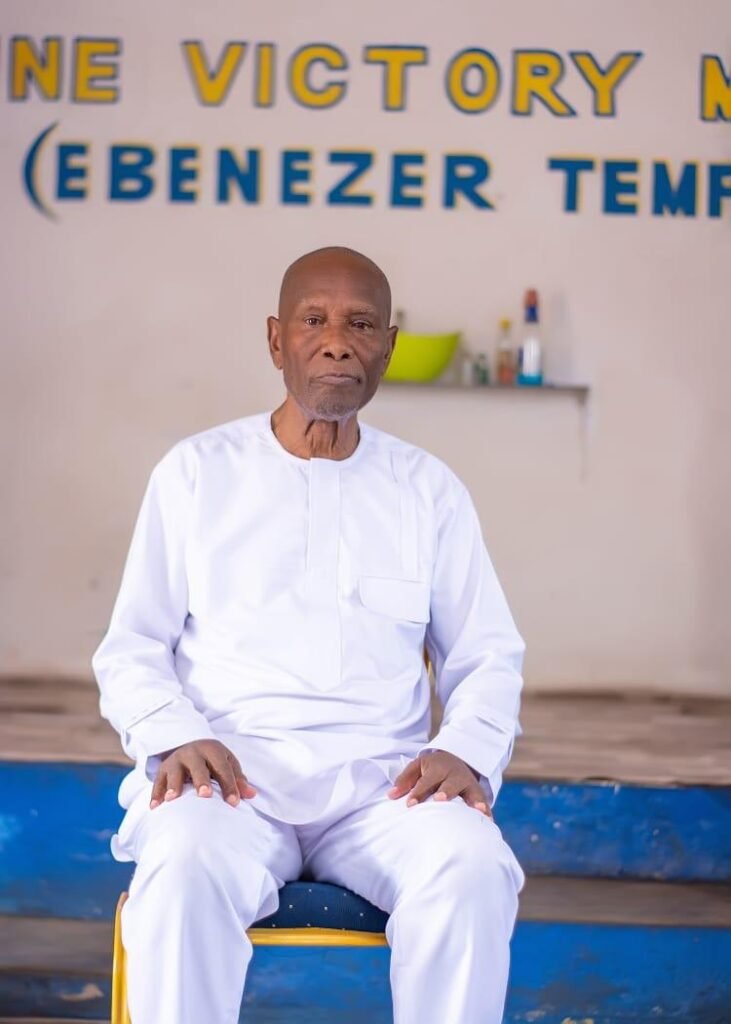
Netball was introduced to the then Gold Coast by Christian missionaries alongside formal education. By the 1960s and early 1970s, the sport had gained remarkable popularity in schools and colleges, ranking second only to football and, in some institutions, rivaling it in appeal.
However, during the 1974/75 academic year, the Ghana Education Service (GES) took a policy decision to step down netball in favour of basketball development. The decision dealt a severe blow to the sport.
Between 1975 and 1985, competitive netball virtually disappeared from Ghana’s sporting calendar.
That decision of the GES can be blamed for the current state of the sports that is producing heroines across the globe.
The revival of the game can be traced to 1985 during the Golden Jubilee celebration of the Ghana Broadcasting Corporation (GBC).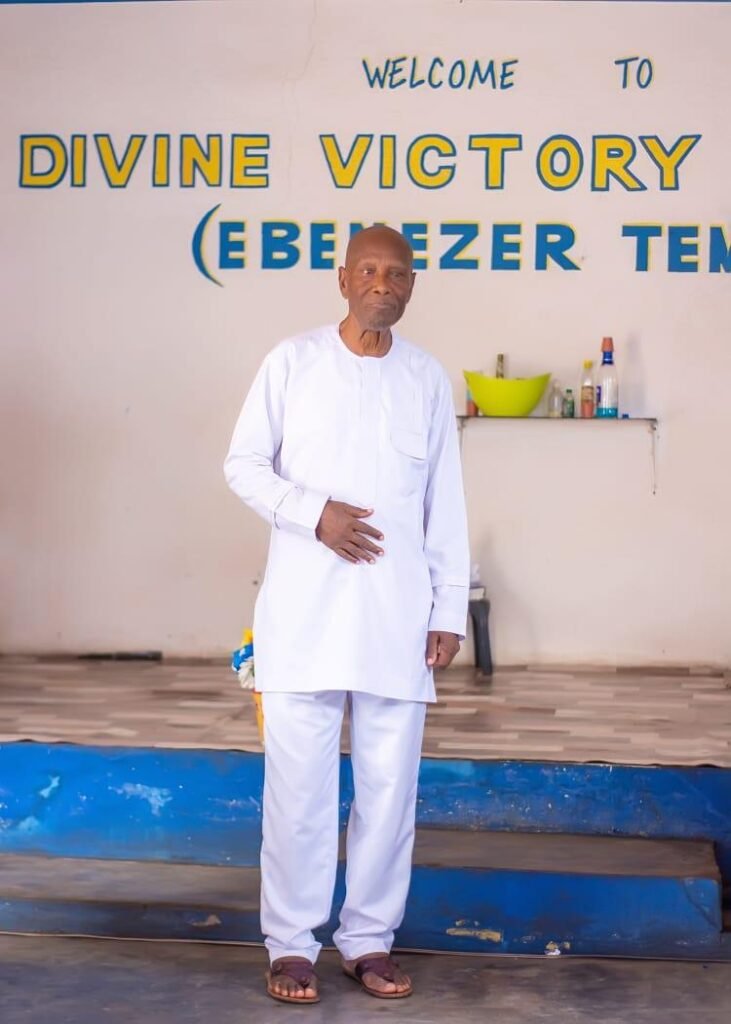
At the time, Rev. Niikoi was serving as Chief Editor (News) in the Radio Newsroom. Understanding both the historical importance and untapped potential of netball, he championed the inclusion of a netball tournament as part of the anniversary celebrations. The event reignited public interest and reminded many of the sport’s former glory.
Crucially, Rev. Niikoi did not allow the momentum to fade after the festivities. The GBC netball team formed for the tournament, aptly named “Golden Hands,” became the cornerstone of a national revival campaign.
With determination and personal sacrifice, he led tours across the country, using the team as a practical training platform.
He personally taught sports teachers under the GES the official rules of netball, reintroduced structured competition, and restored confidence in the sport’s viability.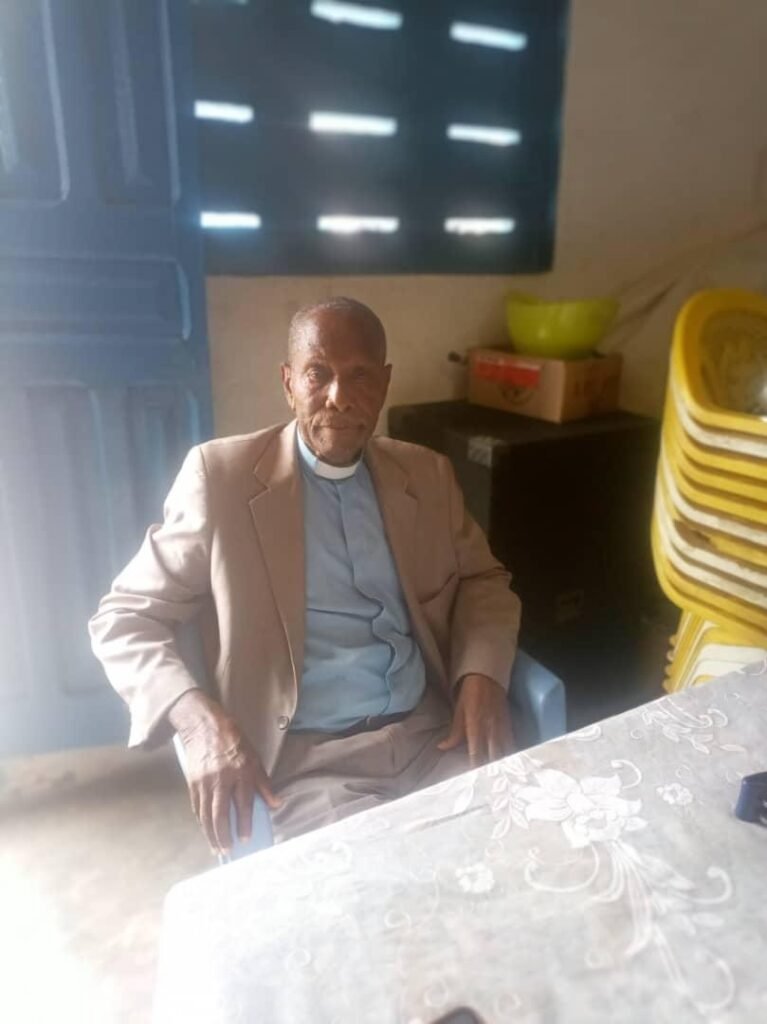
These efforts culminated with the formation of the Netball Association of Ghana in 1988, now known as the Netball Federation of Ghana.
In 1990, the association gained formal recognition from the National Sports Authorities, previously known as the National Sports Council (NSC), restoring netball’s status as an official sporting discipline.
This milestone marked the rebirth of organised netball in Ghana and cemented Rev. Niikoi’s place as founder of the national governing body.
Revival soon transitioned into consolidation. Over the years, Rev. Niikoi consistently lobbied educational and sports authorities to reintegrate netball into major school competitions.
His advocacy led to the sport’s reintroduction into the National Basic Schools Sports Festival, the Senior High and Technical Schools Sports Festival, the Colleges of Education games, and competitions under the Ghana University Sports Association (GUSA).
Today, netball is played across the entire educational structure in Ghana, from basic schools to public universities, a testament to his sustained and strategic efforts.
On the continental and global front, Ghana is a full member of World Netball and was a founding member of the Confederation of Africa Netball Associations (CANA), now Africa Netball.
In 2004, Ghana hosted the inaugural Africa Netball Cup of Nations in Accra and emerged champions after defeating Namibia in the final. The victory not only boosted Ghana’s sporting image but also validated years of groundwork.
In 2007, Rev. Niikoi was elected Director of Marketing and Media for CANA, serving a four-year term and contributing to the sport’s development across the continent.
In 2019, following governance reforms required by the International Olympic Committee to lift sanctions related to state interference in sports administration, national federations were mandated to adopt independent constitutions. Under this new framework, the Netball Federation of Ghana successfully drafted its constitution and conducted elections.
On June 19, 2019, Rev. Niikoi was elected the federation’s first President under the independent constitutional order which is symbolic and deserved recognition of decades of service.
Beyond netball administration, Rev. Niikoi also served two terms spanning eight years from March 2018 to March 2025 as an Executive Board Member of the Ghana Olympic Committee.
His presence on the board ensured that netball maintained visibility within Ghana’s broader Olympic movement.
A Bachelor of Arts graduate in Combined Honours (History and Law), Rev. Emmanuel D. Niikoi has trained numerous coaches and umpires nationwide, strengthening the sport’s technical foundation and ensuring sustainability.
His leadership style combines administrative discipline with grassroots engagement, making him both a strategist and a mentor.
From dormancy to dynamism, the resurgence of netball in Ghana bears his unmistakable imprint. Through advocacy, institution-building and capacity development, Rev. Niikoi has secured a lasting legacy.
Today, every netball match played in Ghana, whether at a basic school court or a university festival stands as living testimony to his vision and perseverance.
By Esinam Jemima Kuatsinu
Profile
Autism Awareness Care & Training: Pioneering autism care, inclusion in Ghana
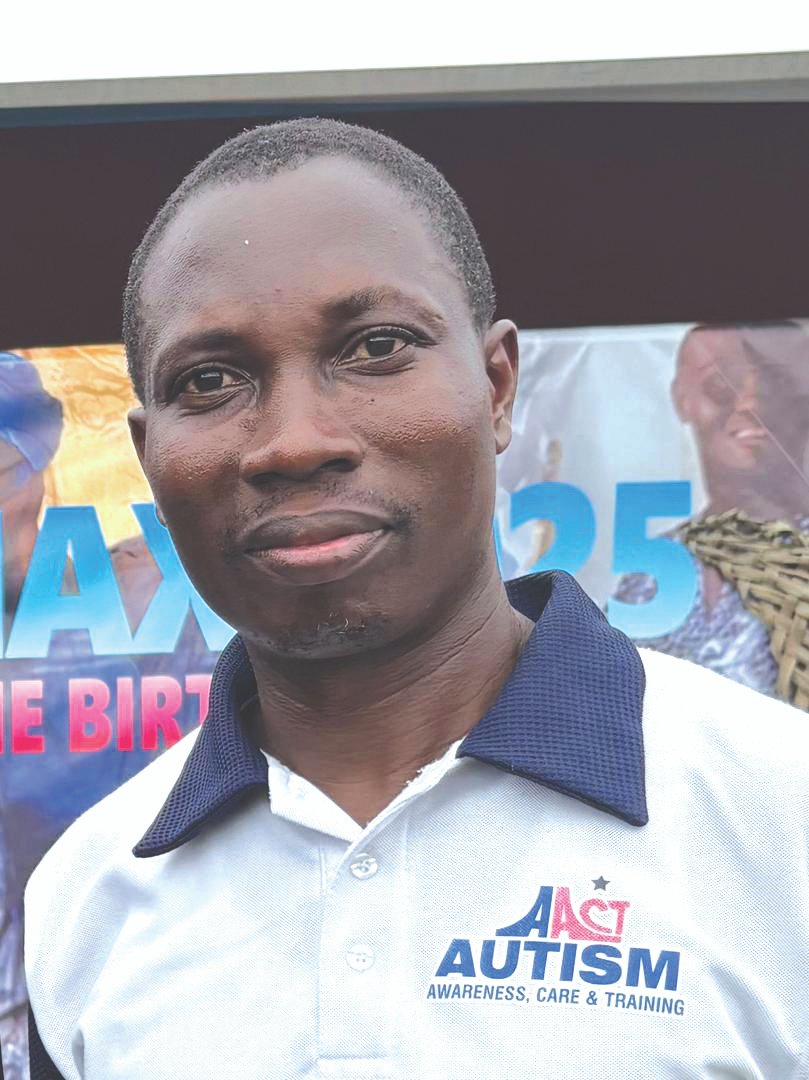
AUTISM Awareness Care and Training (AACT) is Ghana’s first autism-focused centre, playing a pioneering role in the care, education, and advocacy for children on the autism spectrum and their families.
Established in 1998, AACT began as a parent-support and training initiative at a time when autism was poorly understood in Ghana. Many families raising autistic children faced stigma, isolation, and limited access to information or professional assistance.
Over the years, the organisation has evolved into a full-fledged autism care and training centre, responding to the growing demand for specialised services and sustained nationwide awareness.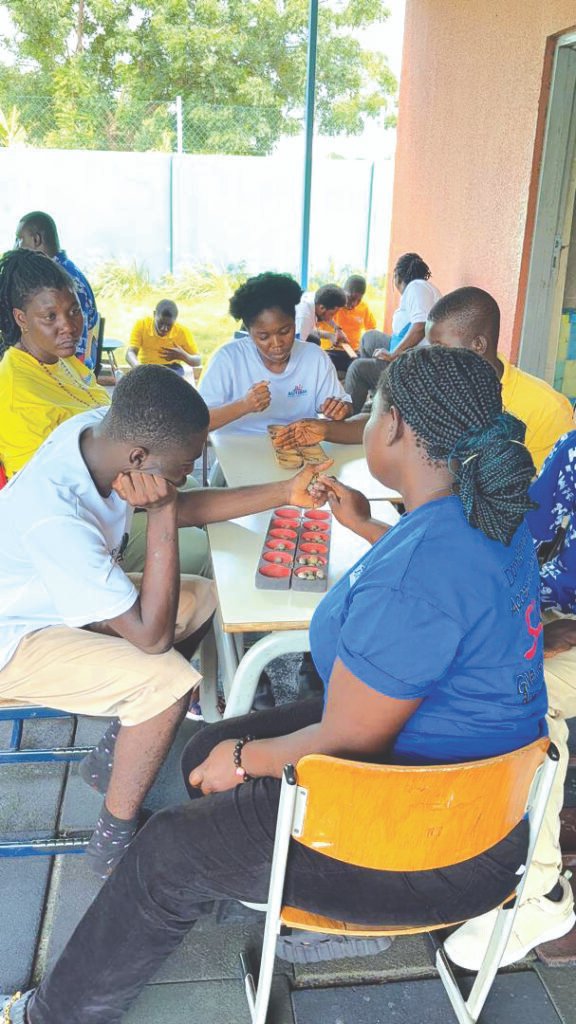
AACT is currently located in Haatso, Accra, where it operates a structured day programme serving about 25 learners daily. The centre provides a safe, inclusive, and supportive environment where children with autism are guided to develop essential life, social, and functional skills.
Programmes at the centre focus on independent living skills, vocational and pre-vocational training, functional academic skills, and therapeutic interventions. These activities are tailored to the individual needs of each learner, recognising that children on the autism spectrum learn and develop at different paces.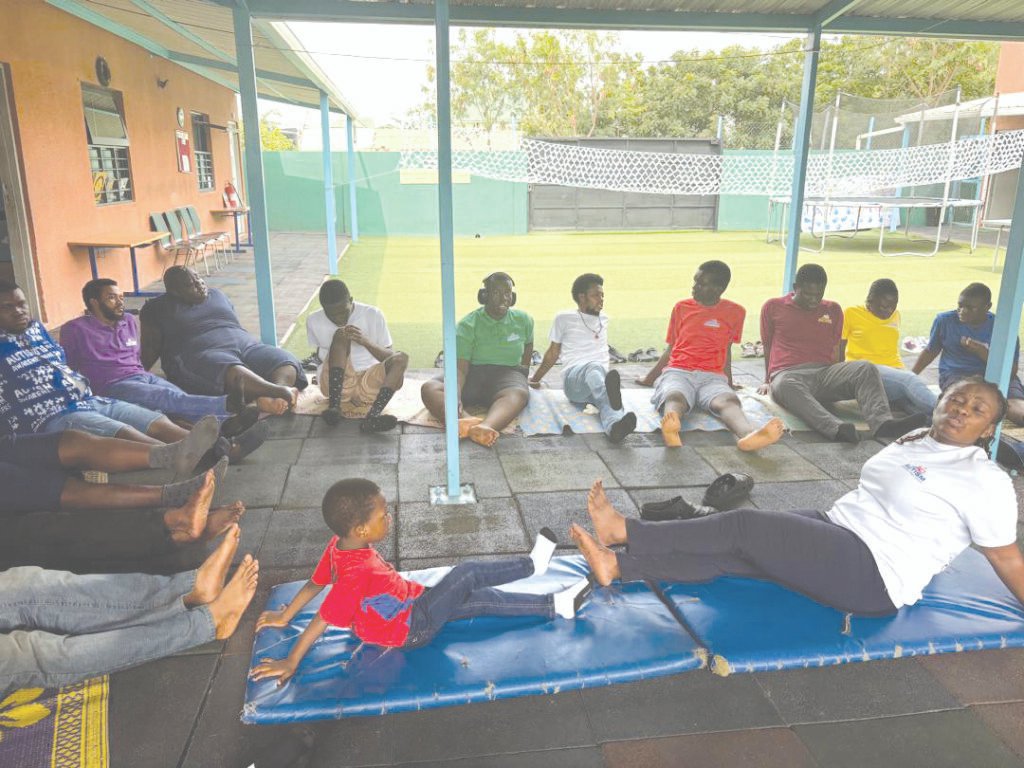
According to Abeiku Grant, Head of Programmes at AACT, the centre’s philosophy is centred on ability rather than limitation.
“Every autistic child is different,” he said. “Our work is to support them at their own pace and help them discover what they can do, not to focus on what they cannot do.”
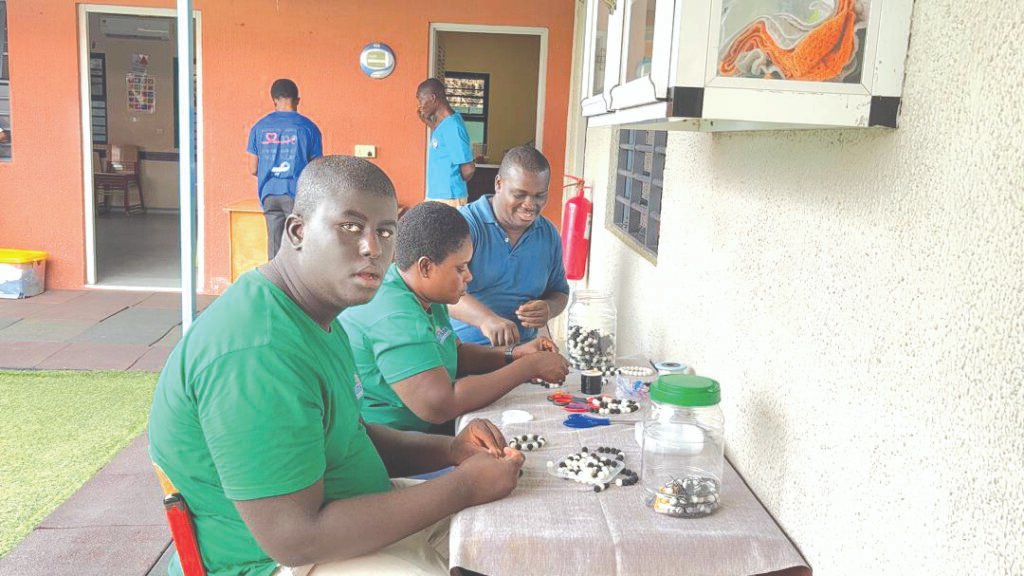
Beyond centre-based services, AACT places strong emphasis on autism awareness and advocacy, particularly within schools and communities. Many children with autism in Ghana continue to face rejection and exclusion due to stigma, misinformation, and the lack of trained personnel in educational institutions.
In 2025, AACT reached over 20 schools across the country, providing autism education to teachers, students, and school administrators.
The organisation also runs free teacher training programmes, equipping educators with practical knowledge and basic tools to support autistic learners in inclusive classroom settings.
“Many schools tell us they are not resourced or trained to handle autistic learners,” Mr Grant explained. “Instead of waiting for change, we decided to go to them and train teachers for free.”
AACT also engages learners directly, addressing widespread misconceptions about autism, including the false belief that autism is contagious or caused by bad parenting. These outreach programmes aim to build empathy among students and promote peer support for autistic learners in mainstream schools.
Another major challenge confronting families is limited access to autism services, especially outside Accra. With most autism centres concentrated in the capital, many families from other regions are forced to travel long distances or keep their children at home due to cost, stigma, or lack of support.
“Education is not meant only for typical children,” Mr Grant stressed. “Children with autism also have the right to education and care. No child should be hidden because of lack of understanding or opportunity.”
As part of its outreach work, AACT supports parents to overcome stigma and encourages social interaction for children with autism, believing that community engagement is essential for development and confidence building.
In December 2025, the centre received what it described as its largest donation of the year, raised by children from the Unmasked Mentoring initiative. According to the organisation, the donation was particularly significant as it demonstrated empathy and social responsibility among young people.
As a non-governmental, non-profit organisation, AACT depends largely on donations, partnerships, and goodwill to sustain and expand its work. Current needs include a minibus for community-based social activities, expansion of its facility to accommodate more learners, sponsorship support for children from financially challenged families, and funding to scale autism awareness programmes nationwide.
Looking ahead, AACT envisions a Ghanaian society that is inclusive, informed, and supportive of persons with autism.
“Our goal is a Ghana where children with autism are accepted and supported,” Mr Grant said. “Every child has potential. All they need is understanding, opportunity, and care.”
By Esinam Jemima Kuatsinu







